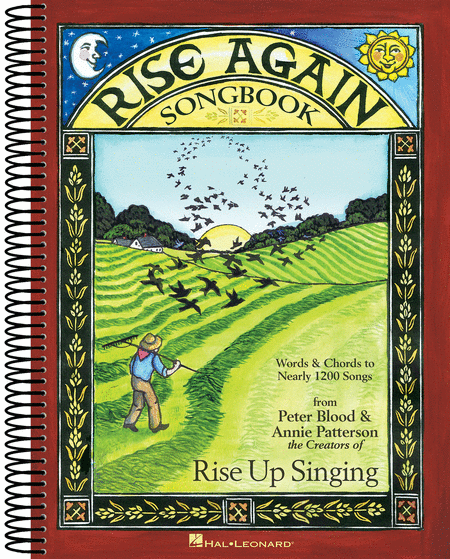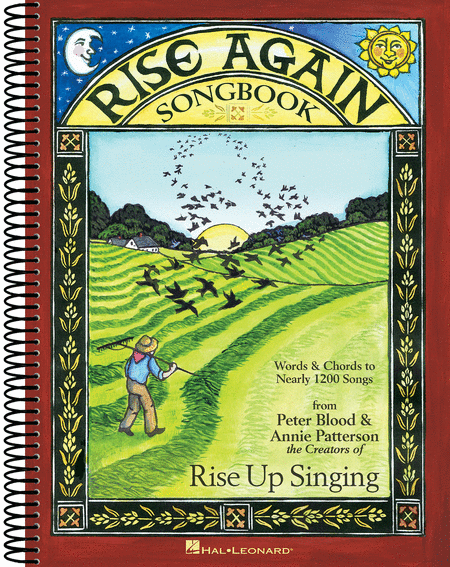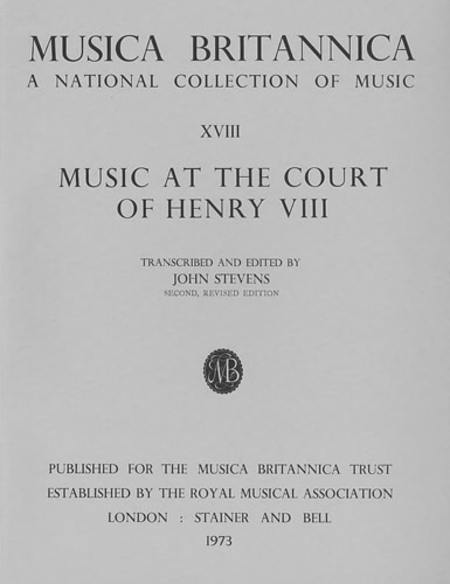Henry VIII (King) (1491 - 1547)
 Royaume-Uni
Royaume-Uni
 Royaume-Uni
Royaume-UniHenry VIII (28 June 1491 ? 28 January 1547) was King of England from 21 April 1509 until his death. He was also Lord of Ireland (later King of Ireland) and claimant to the Kingdom of France. Henry was the second monarch of the House of Tudor, succeeding his father, Henry VII.
Henry VIII was a significant figure in the history of the English monarchy. Although in the great part of his reign he brutally suppressed the influence of the Protestant Reformation in England, a movement having some ro ... (Read all)
Source : Wikipedia
Henry VIII was a significant figure in the history of the English monarchy. Although in the great part of his reign he brutally suppressed the influence of the Protestant Reformation in England, a movement having some ro ... (Read all)
Source : Wikipedia
FREE SHEET MUSIC
- soprano
Active criterias:
Search
| ||||||||||||||||||||||||||||||||||||||||
















